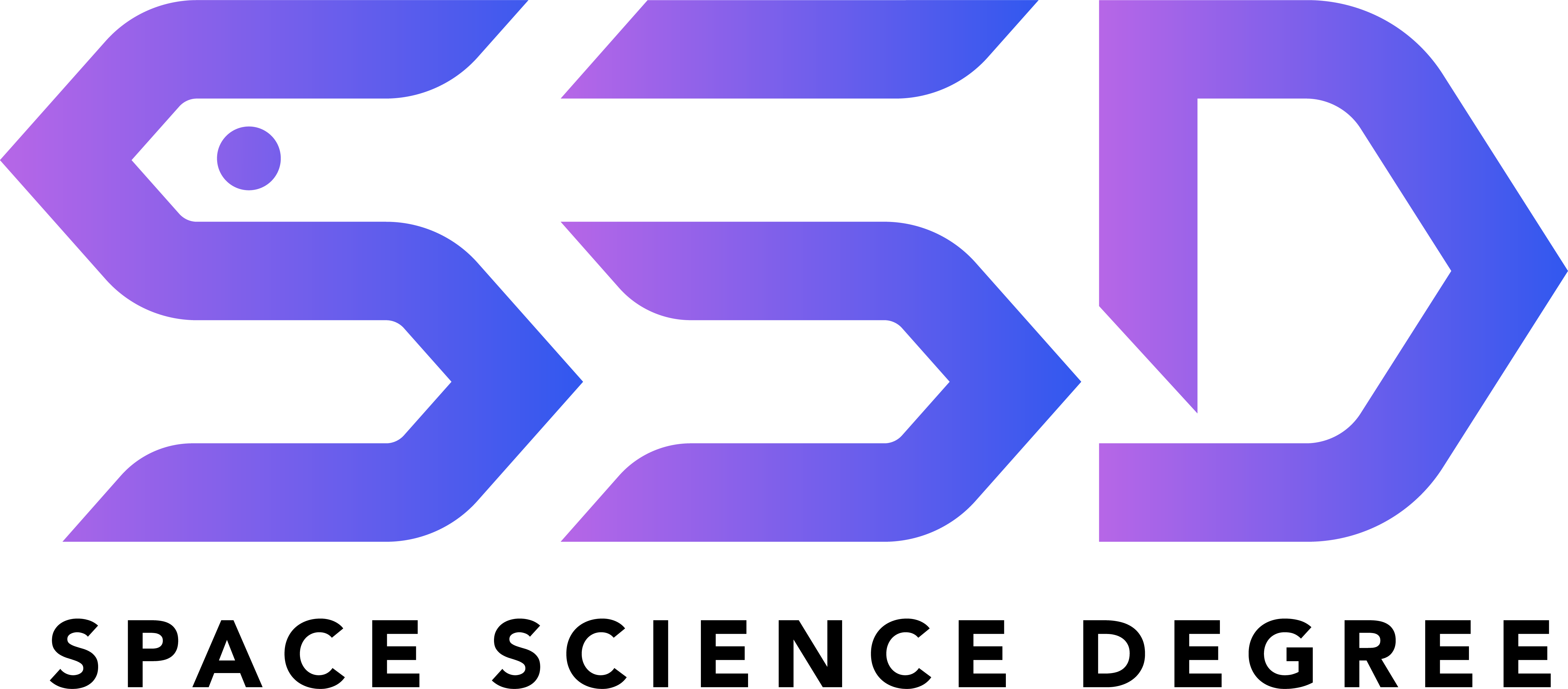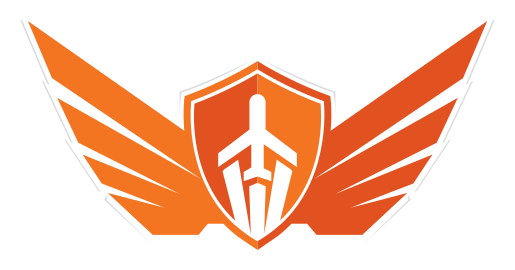
Coursera is an online learning platform that offers a wide range of courses, specializations, and degree programs. It was founded in 2012 by Andrew Ng and Daphne Koller, two computer science professors from Stanford University. Coursera partners with universities, colleges, and organizations around the world to provide high-quality online education in various fields.
The courses on Coursera cover a diverse array of subjects, including but not limited to computer science, data science, business, social sciences, arts, humanities, and more. They are often created and taught by professors from top institutions globally. Coursera's platform includes video lectures, interactive quizzes, peer-graded assignments, and discussion forums to facilitate a comprehensive and engaging learning experience.
In addition to individual courses, Coursera also offers specializations, which are a series of related courses designed to build expertise in a specific area, and online degrees in collaboration with universities. Some courses and specializations are available for free, while others may require payment. Coursera is widely used by individuals looking to acquire new skills, advance their careers, or pursue higher education from the convenience of their own homes.
Pathway to Space Specialization
Discover Your Pathway to Space. You will learn about the cosmos and your place in it, the ways we explore space, and how people and politics play a role in what we learn.
Beginner level - Specialization - 4 course series from University of Colorado Boulder
https://www.coursera.org/specializations/pathway-to-space
The Science of the Solar System
Learn about the science behind the current exploration of the solar system in this free class. Use principles from physics, chemistry, biology, and geology to understand the latest from Mars, comprehend the outer solar system, ponder planets outside our solar system, and search for habitability in our neighborhood and beyond.
Course from Caltech
https://www.coursera.org/learn/solar-system
The Evolving Universe
This is an introductory astronomy survey class that covers our understanding of the physical universe and its major constituents, including planetary systems, stars, galaxies, black holes, quasars, larger structures, and the universe as a whole.
Course from Caltech
https://www.coursera.org/learn/evolvinguniverse
Astro 101: Black Holes
In Astro 101: Black Holes, you will explore the concepts behind black holes. Using the theme of black holes, you will learn the basic ideas of astronomy, relativity, and quantum physics.
Course from University of Alberta
https://www.coursera.org/learn/black-holes-astro-101
Confronting The Big Questions: Highlights of Modern Astronomy
An introduction to modern astronomy's most important questions. The four sections of the course are Planets and Life in The Universe; The Life of Stars; Galaxies and Their Environments; The History of The Universe.
Course from University of Rochester
https://www.coursera.org/learn/astronomy
Imagining Other Earths
Are we alone? This course introduces core concepts in astronomy, biology, and planetary science that enable the student to speculate scientifically about this profound question and invent their own solar systems.
Course from Princeton University
https://www.coursera.org/learn/life-on-other-planets
Astronomy: Exploring Time and Space
This course is designed for anyone who is interested in learning more about modern astronomy. We will help you get up to date on the most recent astronomical discoveries while also providing support at an introductory level for those who have no background in science.
Course from University of Arizona
https://www.coursera.org/learn/astro
Origins - Formation of the Universe, Solar System, Earth and Life
The Origins course tracks the origin of all things – from the Big Bang to the origin of the Solar System and the Earth. The course follows the evolution of life on our planet through deep geological time to present life forms.
Course from University Copenhagen
https://www.coursera.org/learn/origins-universe-solarsystem
AstroTech: The Science and Technology behind Astronomical Discovery
Modern astronomy has made some astonishing discoveries - how stars burn and how black holes form; galaxies from the edge of the universe and killer rocks right next door; where the elements come from and how the expanding universe is accelerating.
Course from University of Edinburgh
https://www.coursera.org/learn/astronomy-technology
There many courses - search Coursera for more space science and learning about our Universe


